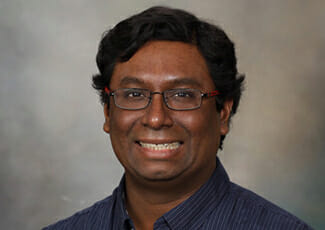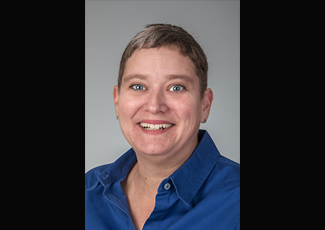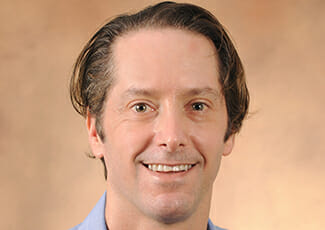Global Futures Scientists and Scholars
2021 Conference: The International Society for the Study of Religion, Nature, and Culture
Religion and Environment: Relations and Relationality. Conference of the International Society for the Study of Religion, Nature, and Culture. February 18-28, 2021.
Resilience Alliance offers short course on resilience
Post-graduate students (Masters and PhD) and early-career researchers are invited to apply by Feb. 21 for a one-week course, Resilience Foundations from Theory to Practice, designed to facilitate collaboration among a broader network of students and researchers.

Your top ten from 2020
Happy holidays, scientists and scholars far and wide. Wishing you a peaceful and bright 2021. In case you missed it, here’s a list of your most-read stories from last year.
Can higher education be transformed to better serve society?
Arizona State University President Michael Crow, Pomona College President G. Gabrielle Starr, and California State University Chancellor Joseph Castro visit Zócalo for an in-depth discussion of how to make American higher education a stronger force for equity and innovation.
Global Futures hosts climate policy discussion with Obama administration's John Morton and GFL fellow Frank Sesno
The Julie Ann Wrigley Global Futures Laboratory hosted a special discussion with Emmy-winning journalist Frank Sesno and former Obama Administration climate policy advisor John E. Morton for a comprehensive conversation
How community land trusts can advance racial equity in our cities
According to sustainability scientists Mark Roseland and Chris Boone, community land trusts keep housing affordable and benefit minority communities who have suffered for decades from unfair lending practices and discrimination.
Subscribe to updates from ASU Research Development
Subscribe to this weekly newsletter to stay up to date on all the news in the world of Research Development. The funding.asu.edu website is dedicated to helping you find funding and develop more competitive proposals.
Can we fix climate challenges without hurting the economy?
During a Dec. 2 Future Tense event, five climate and economy experts talked about what it will take to solve this wicked problem.
Applications open: Energy, environment, and climate policy fellowships
Harvard Kennedy School’s Belfer Center for Science and International Affairs is accepting applications for fellowship positions in the following research areas: Energy Innovation and Decarbonization, Low-carbon Development in China and India, and Technological Systems and Innovation Policy.

Study shows proximity to convenience stores affects kids' weight
In a new study, sustainability scientist Punam Ohri-Vachaspati and co-authors found that children who live in an environment with a higher prevalence of unhealthy food sources, such as convenience stores, are more likely to gain weight over time.

Bliss part of drive to create cybersecurity change
Sustainability scientist Nadya Bliss is urgently calling for change in the way new technologies are designed. She says that while security measures such as encryption and authentication have been widely adopted, security tends to be secondary to application capability.

Request for proposals: ASU Social Embeddedness Network Conference
Socially embedded faculty and staff, or those who are interested in community-university partnerships, are invited to submit proposals to present at the 2021 ASU Social Embeddedness Network Conference. Proposal deadline is Jan. 8.